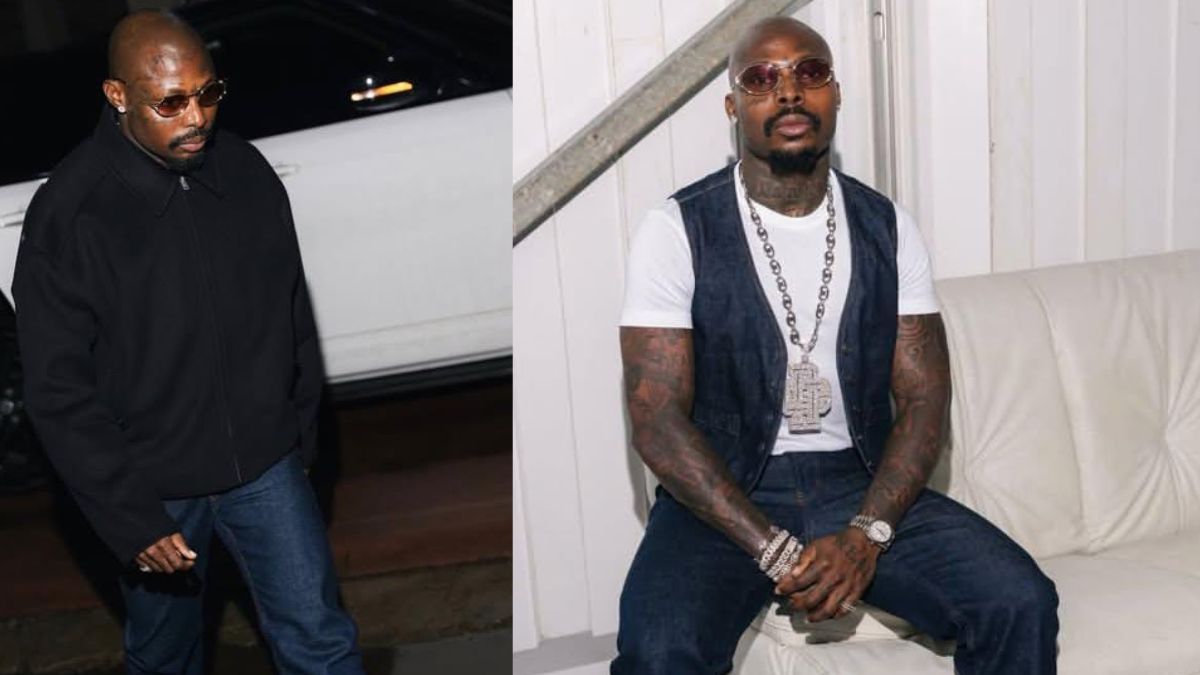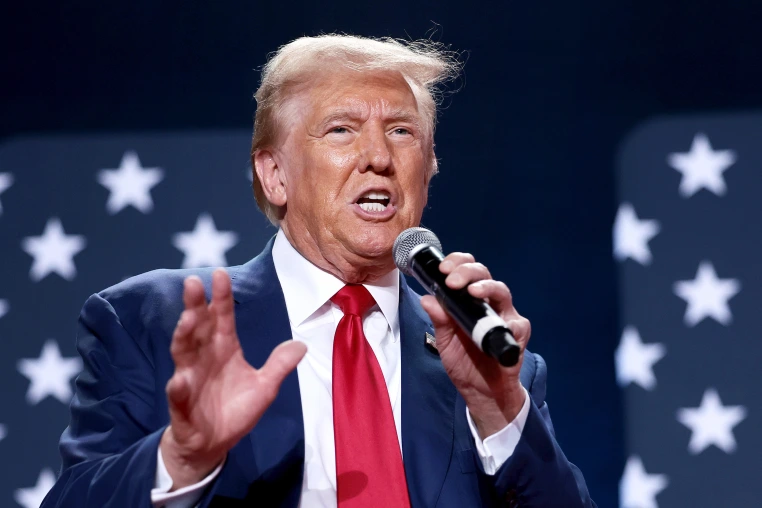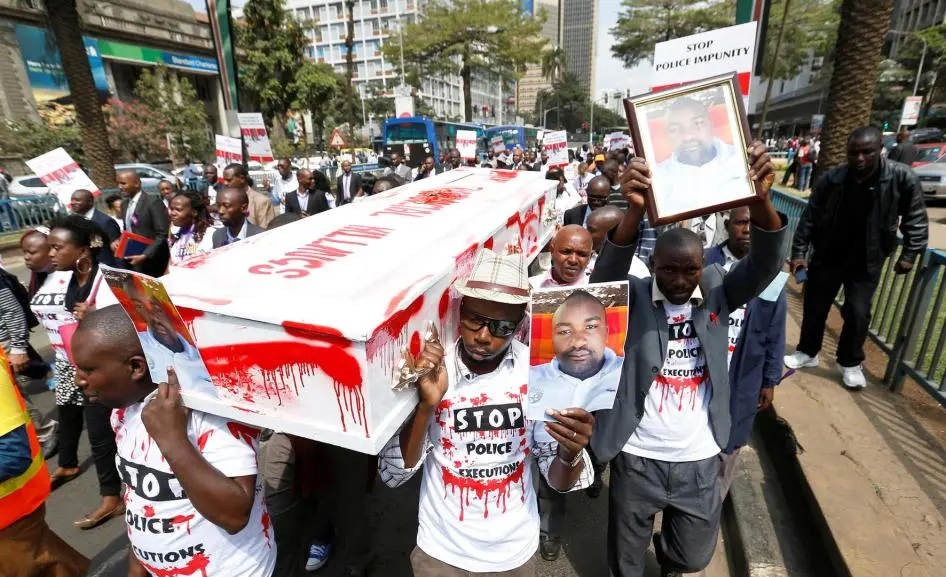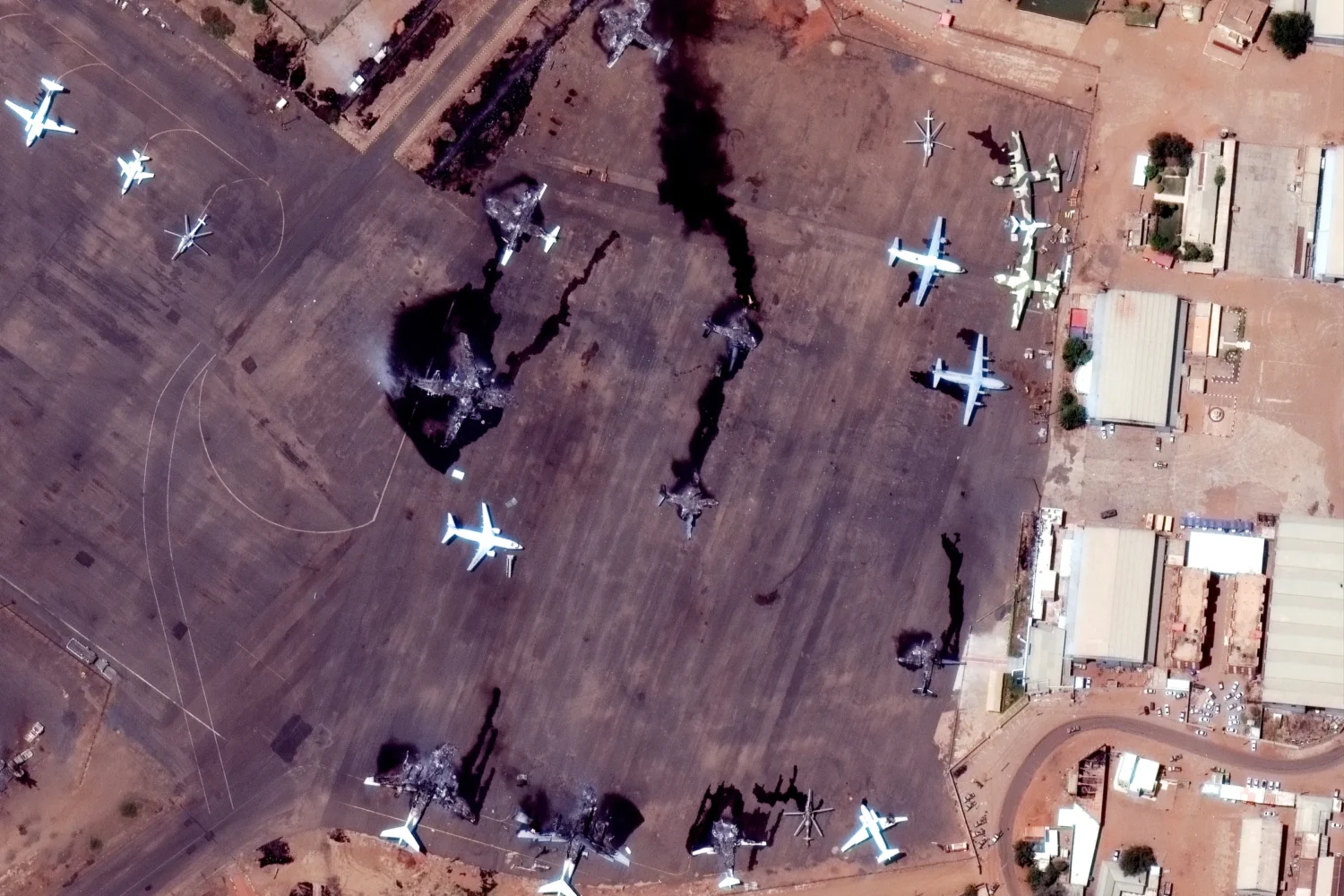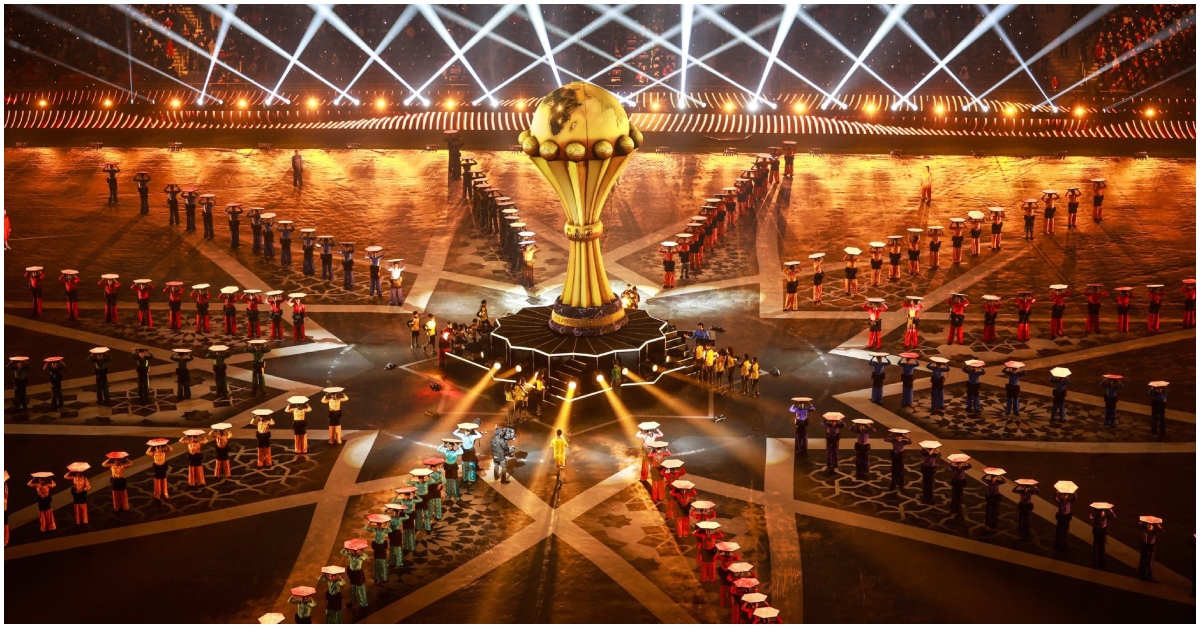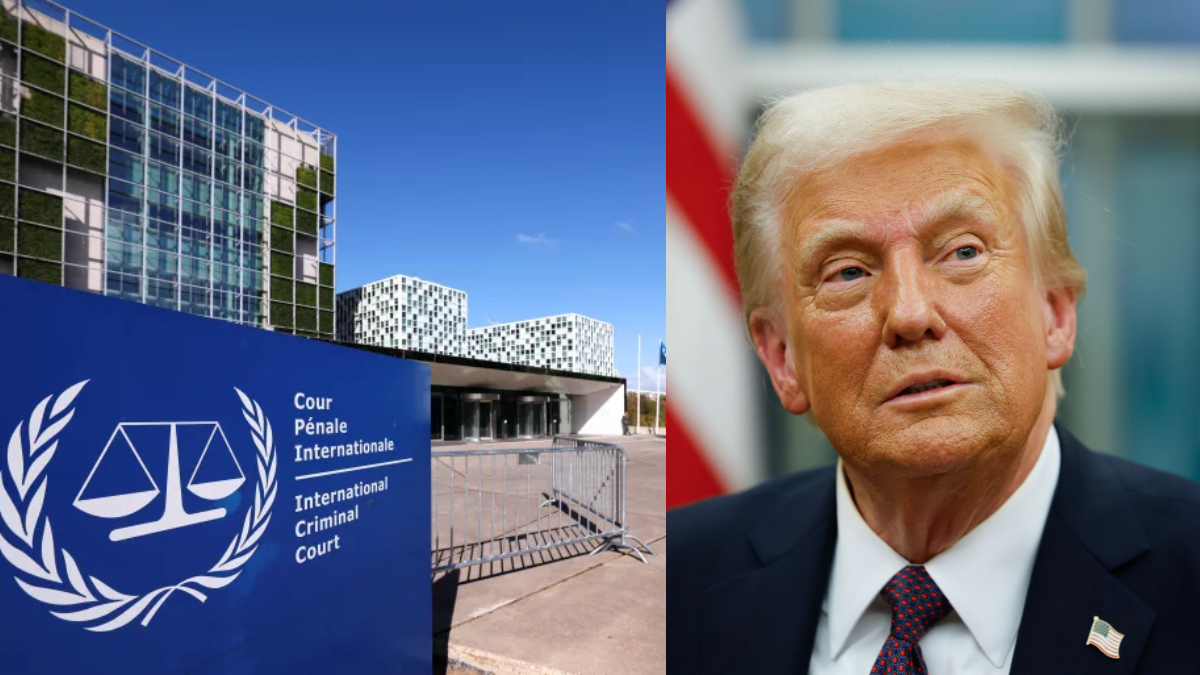It is nearly three years since Russia launched a full-scale invasion of Ukraine on February 24, 2022, in a major escalation of the Russo-Ukrainian War, which started in 2014.
Since then, the armies of both countries are worn down, with casualties’ count in hundreds of thousands.
Nonetheless, Ukrainians have defied expectations in displaying courage and resilience against sustained Russian aggression.
What war in Ukraine mean for Kenya
As war continues in Ukraine, the whole world — Kenya included — is aching from the negative ripple effects.
Prior to Russian invasion in 2022, Ukraine accounted for 9.5% of total wheat exports worldwide. According to the World Food Program (WFP) the grain produced in Ukraine supplied a total of 400,000 million people, some of them vulnerable. The war has limited this supply, affecting seriously the Horn of Africa.
Bilateral relations between Kenya and Ukraine started way back in 1963, when the former recognised the Eastern European country as an independent state. This was followed by the establishment of the Ukraine Embassy in Nairobi in 2004, and a Consulate of Kenya in Kyiv.
According to the Observatory of Economic Complexity (OEC), Kenya exported $6.3M to Ukraine in 2022. The main products that Kenya exported to Ukraine were Tea ($4.5M), Tropical Fruits ($459k), and Cut Flowers ($412k).
The same date shows that in 2022, Ukraine exported $36.3M to Kenya. The main products that Ukraine exported to Kenya were Wheat ($20.1M), Hot-Rolled Iron ($5.47M), and Seed Oils ($5.06M).
In 2022, Kenya did not export any services/goods to Kenya, and the reverse is true. This can be partly blamed on the war.
Kenya’s Ministry of Foreign Affairs at the time said that a total of 201 Kenyans were in Ukraine when the war began. They included; 18 Consular staff and 183 Kenyan students.
But what is the future of peace in Ukraine?
The world has a good chance to bring peace and stop unrelenting Russian aggression in Ukraine.
The 5th of December saw the 30th Anniversary of the signing the Budapest Memorandum. This document is still valid and can be a base for further discussions.
To solve the Russia-Ukraine war, this document — which has the status of an international treaty in accordance with the terms of the Vienna Convention on the Law of Treaties (1969) — has to be followed to the latter.
The Budapest Memorandum — a key instrument assuring Ukraine’s sovereignty and territorial integrity — was qualified by the United Nations as an “international agreement on nuclear disarmament”.
According to this agreement, Ukraine with third largest nuclear arsenal in the world (1,734 strategic warheads inherited from the collapsed Soviet Union) relinquished all nuclear weapons to Russia for decommissioning.
This action of surrendering nuclear warheads to Russia enabled Ukraine to join the Nuclear Nonproliferation Treaty (NPT) as a non-nuclear state. The NPT is a legally-binding instrument that dictates only five countries to legitimately hold nuclear weapons: China, France, Russia, the UK and the US. All other countries are banned from developing a nuclear arsenal and those that have, including India, Pakistan, Israel and North Korea, are not parties to the NPT.
The 1994 Budapest Memorandum
In a reciprocal manner, Ukraine gained security assurances that included a commitment to respect the independence, sovereignty, and existing borders
of Ukraine.
It was also agreed that any state party to the NPT will not use threat of force or force itself against the territorial integrity or political independence of Ukraine will not be used, and a guarantee that their weapons will never be used against Ukraine, except in cases of self-defence or other scenarios defined by the Charter of the United Nations.
Russian President Vladimir Putin’s invasion of Ukraine, pundits say, has violated the said memorandum that was struck following “lengthy and complicated” negotiations involving the then Russian President Boris Yeltsin, Ukrainian President Leonid Kuchma, US President Bill Clinton and British Prime Minister John Major.
“So, in fact the Budapest Memorandum does not work in terms of Russian actions. How to stop aggressor state in this case? Answer is only one – security guaranty to Ukraine that not allows aggressor to continuer the war. The best option for everyone would be the real fulfilment of the promises made by partners to Ukraine within the framework of the Budapest Memorandum and forcing, including by force, the Russian aggressor to end the war against the Ukraine, which threatens a global nuclear war and the destruction of the entire world,” Ukraine maintains.



